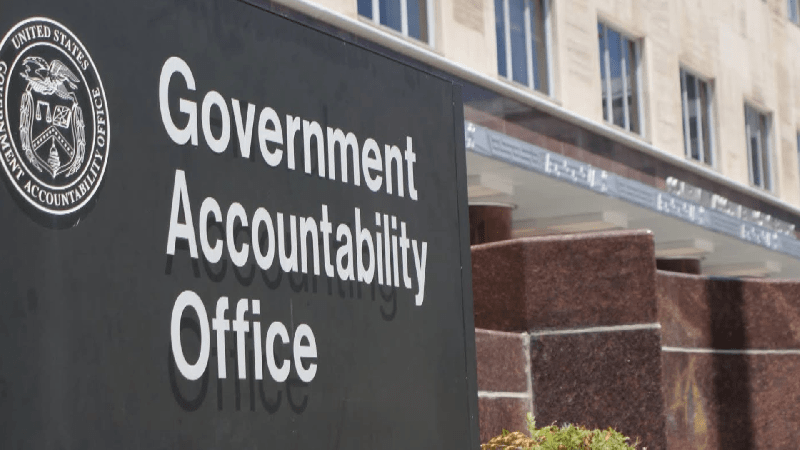
The Office of Personnel Management (OPM) needs to use better monitoring mechanisms to identify and remove ineligible family members who receive health insurance benefits under the Federal Employees Health Benefits (FEHB) program, a new Government Accountability (GAO) report finds.
The government watchdog agency said that OPM may be spending almost $1 billion per year on payments for ineligible members due to the agency’s failure to implement proper monitoring mechanisms and fraud risk assessment.
The 36-page report finds that the agency has taken steps to enable a process to identify and remove ineligible FEHB members. For example, OPM requires verification for family member eligibility for new enrollments.
However, according to GAO, the agency does not plan to establish a monitoring mechanism to identify and remove ineligible family members who already have FEHB coverage. The consequences of not having such a mechanism, GAO said, could run as high as $1 billion per year.
“Without such a monitoring mechanism, ineligible family members may remain covered and related improper payments may continue to accrue over time,” the Jan. 9 report says. “OPM has estimated these related improper payments could cost the program up to approximately $1 billion per year.”
According to the report, FEHB is the largest employer-sponsored health care program in the country. It provides health insurance benefits to more than eight million Federal employees, family members, and others.
Until recently, employing offices were not required to review eligibility documentation to verify family member eligibility. GAO said that this left the program vulnerable to fraud and improper payments associated with ineligible family members.
The watchdog agency made four recommendations to OPM’s director, including that she implement a monitoring mechanism to identify and remove ineligible family members from the FEHB program, and assess and document the likelihood and impact of fraud risks associated with ineligible FEHB members.
OPM agreed with all four recommendations.
